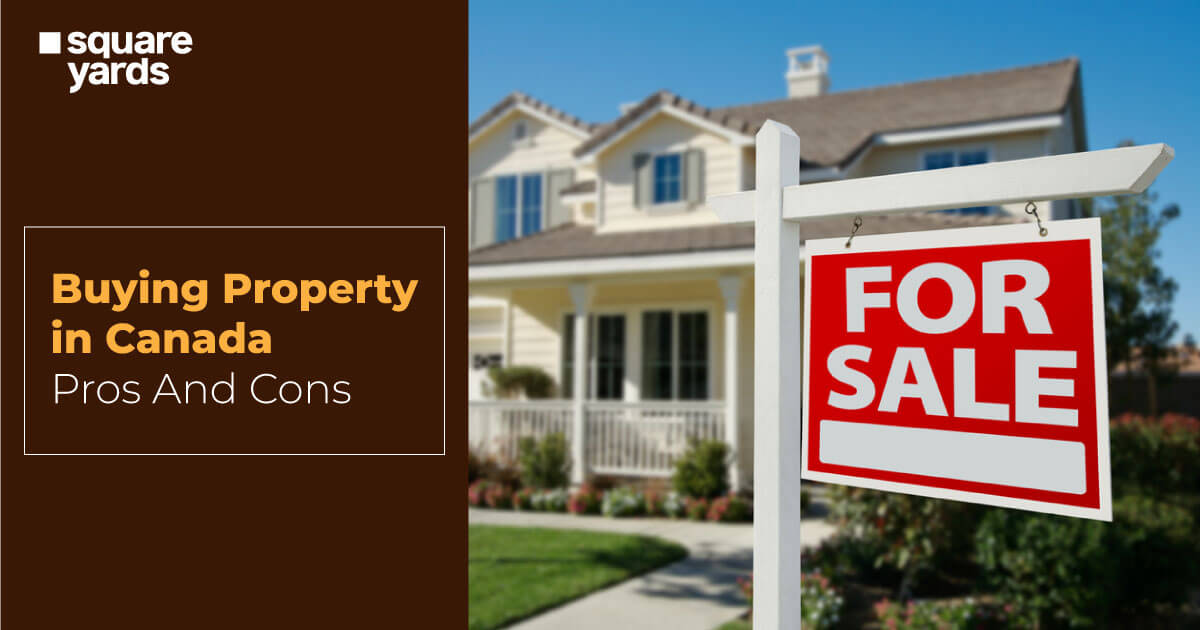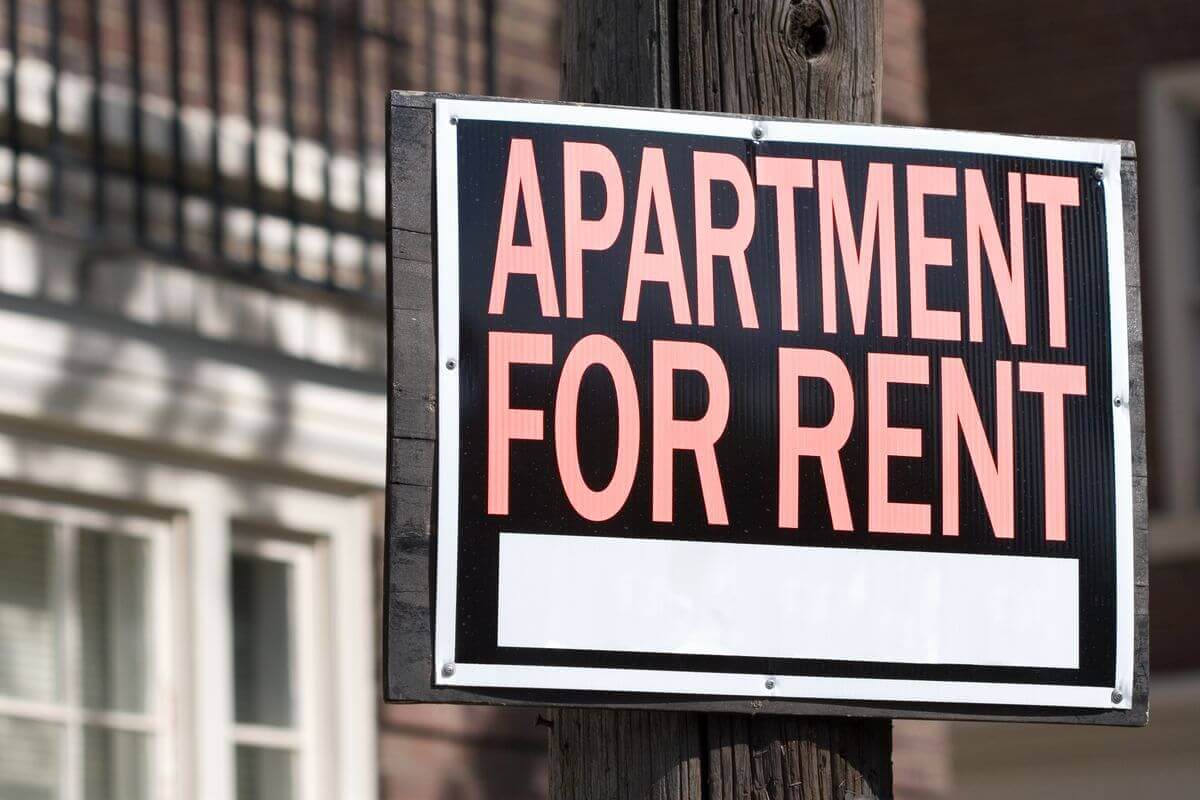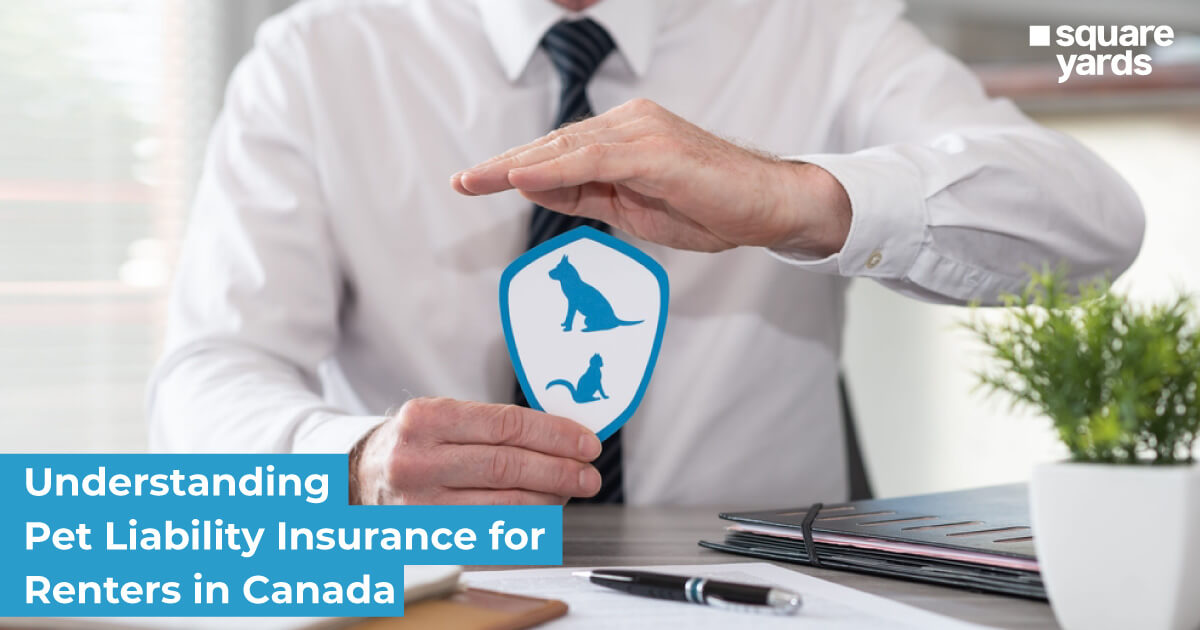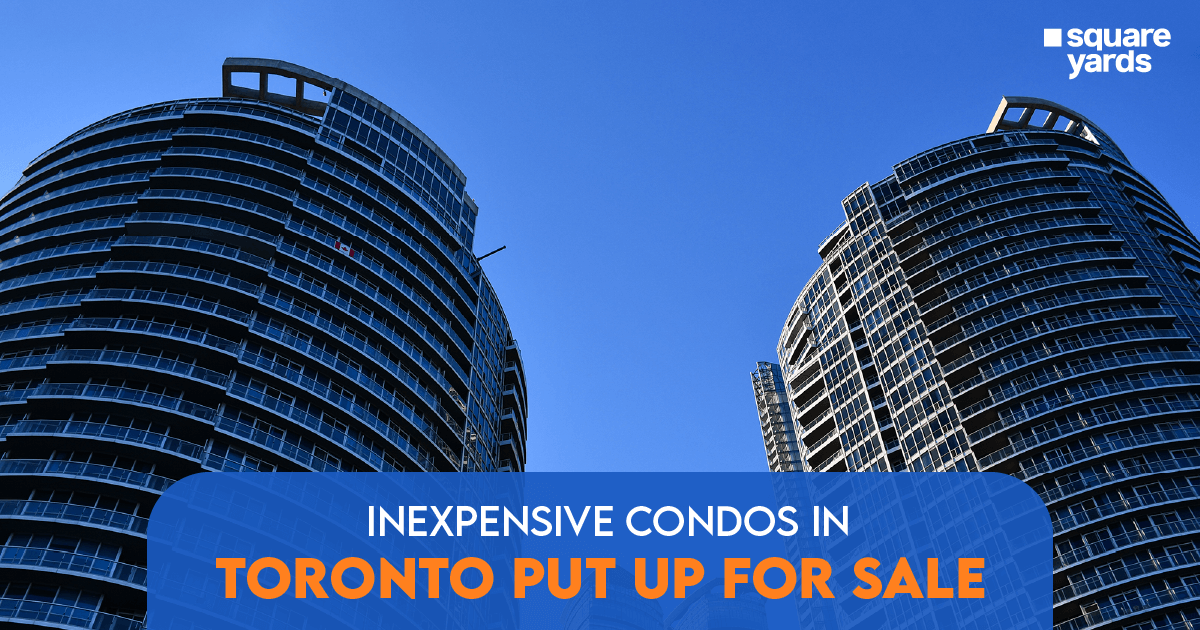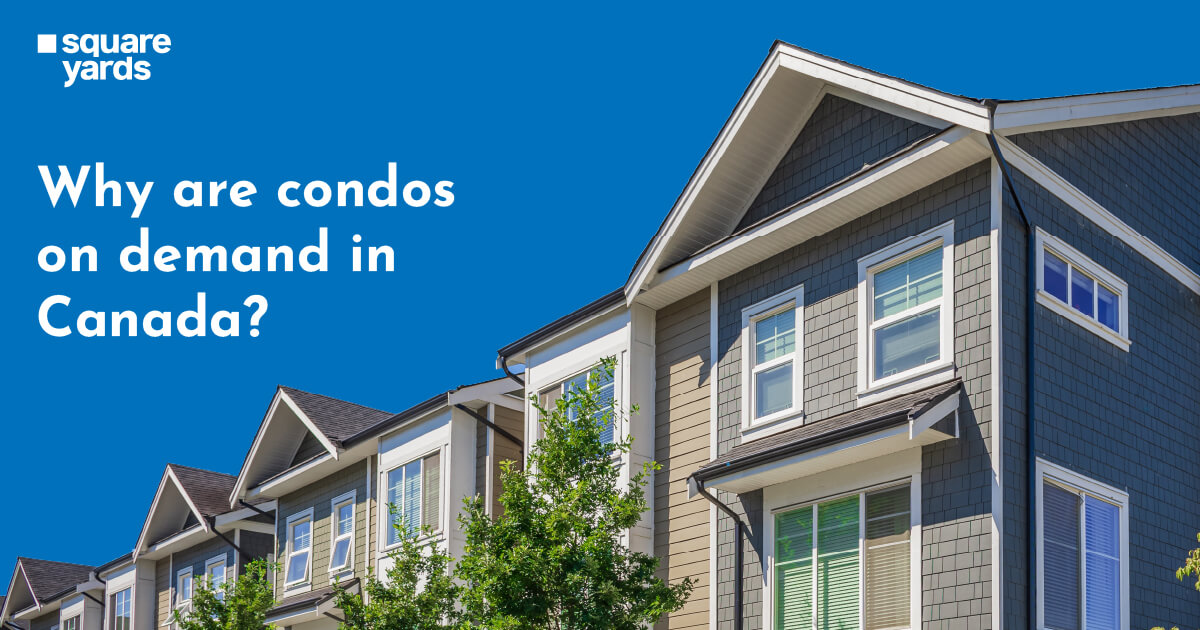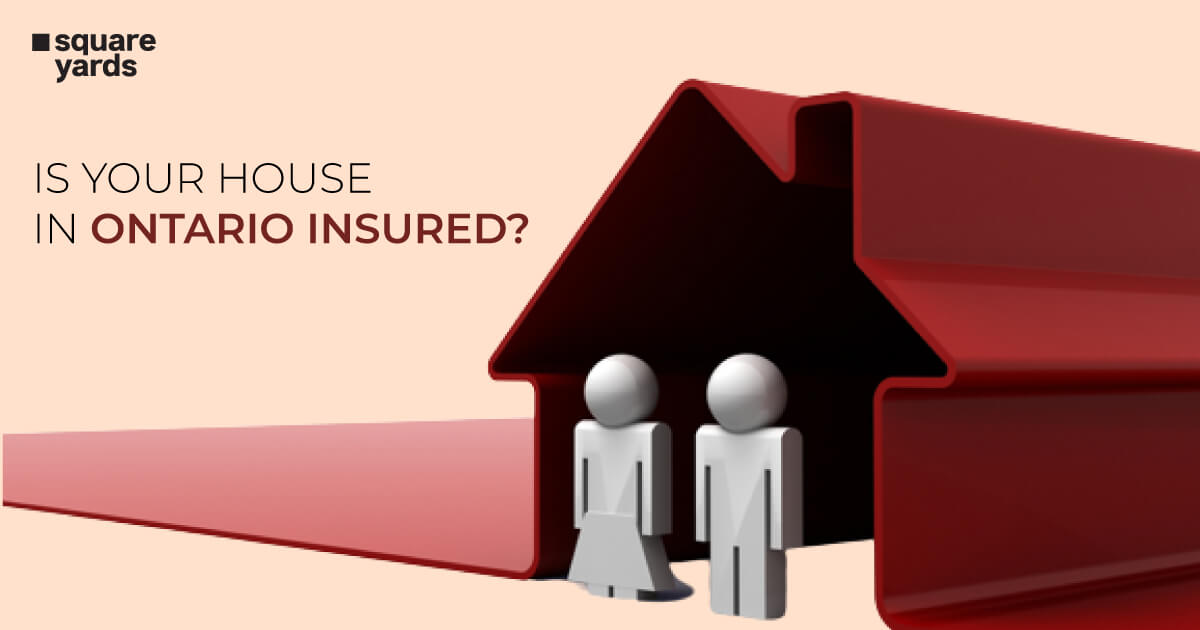It can be hard to justify paying a landlord when you can build equity in your own home. Many individuals struggle with this problem when investing in real estate. Investors might consider the various benefits of buying a rental property in Canada when considering another lucrative source of income, but investing in such a property is not without risk.
If you are planning on relocating to Canada, you might be interested in buying a rental property. While you may have moved away for work or commercial reasons, you still desire to own real estate in Canada. We have answered a list of questions you may have regarding Canadian rental properties that have several benefits and drawbacks.
Pros of Buying a Rental Property
A variety of positive outcomes might result from the ownership of a rental property. The following are some of them :
-
Consistent Monthly Income
This is one of the most important benefits of buying a rental property. One can earn a return on their investment less often or with less consistency, depending on the investment. However, renting property is a stable and reliable source of income.
When investing in Canadian real estate, it is imperative to consider whether you intend to live there. Regardless of whether you live there or not, you stand to benefit. Even if it is occupied only part of the year, renting it will generate income. Due to these factors, buying a home is a smart way to increase your wealth and diversify your income streams, both of which are essential for a comfortable retirement.
-
Earnings from Appreciation of Assets

Your house’s value might still increase even if you do not rent it out for a while, since you will still be regarded as a homeowner. In many cities, such as Montréal, Ottawa, Toronto, Calgary, Vancouver, and Victoria, real estate prices have surged as a result of an increase in demand for real estate.
In Canada, residential real estate is forecast to register a CAGR of over 10% between 2022 and 2027. Moreover, you can increase the value of your home in other advantageous ways, such as by using sweat equity or renovating. In other words, you can also grow your investment by buying rental property in Canada.
-
Your Tax Burden Will Be Lower
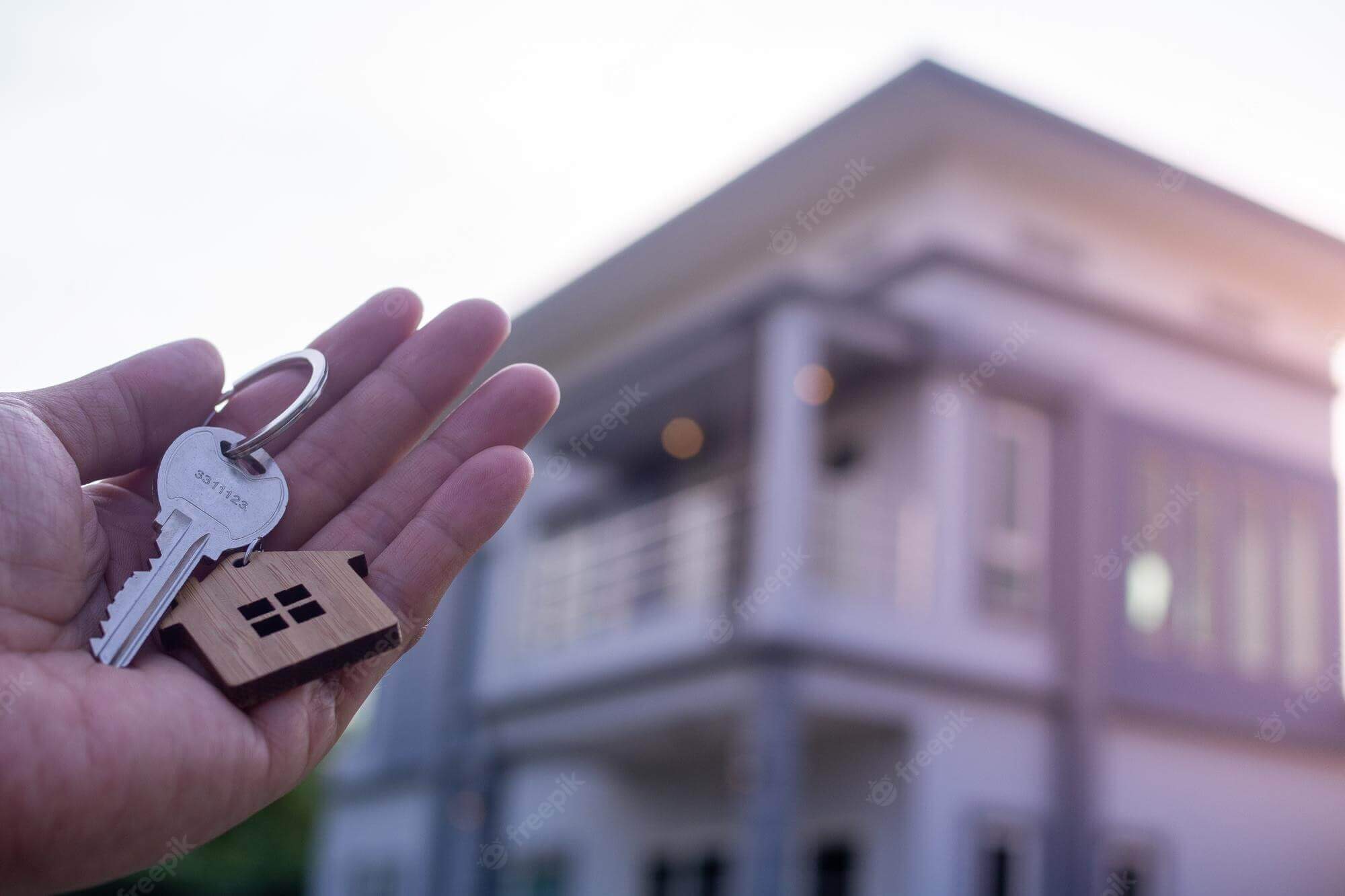
If you are a landlord, you can dramatically reduce your taxes. This is because you can deduct some expenses associated with the property from the rent you receive.
The costs may include but are not limited to :
-
- Property taxes
- Insurance fees
- Management fees
- Maintenance charges
- Upkeep
- Improvements
- Utilities (where included in the rent)
- Depreciation
- Mortgage interest etc. among others.
As a bonus, landlords may take advantage of various tax breaks according to the Tax Cuts and Jobs Act of 2017 (The 20% Pass-Through Deduction).
It is possible to deduct 20% of net rental income if you operate your rental business as a sole proprietor, LLC owner, a partner in a partnership, or shareholder in an S corporation if your total taxable income from all sources is less than $170,050 for individual filers or $340,100 for married couples.
-
Professional Assistance is Easily Accessible

Whether you are an out-of-country investor or a local, a competent property management business can guide you through the rental property purchasing process.
In addition to determining how much money you need to spend and receiving tailored suggestions, you can get a mortgage. You can also learn about the legal, financial, and tax implications of buying rental property in Canada.
A property management company, such as Clear View or Extreme, can also help you avoid :
-
- Day-to-day responsibilities of being a landlord
- Finding tenants
- Collecting rent
- Maintaining your property, etc.
All for a small fee, while ensuring that your ROI is on track for a long time.
-
Losses Could Be Tax Deductible

One of the benefits of buying a rental property is deducting losses from your income, reducing your taxable income. If your rental losses exceed your gains, you may be able to deduct the difference from other earnings.
Simply put, when a rental property has a negative cash flow, money earned from other sources may be used to offset it. That may help you pay less in taxes overall.
Cons of Buying a Rental Property
Owning a property that is used for rental is not without its pitfalls. Some of these pitfalls have been mentioned below:
-
Costs and Funds

If you’re planning to enter the Canadian real estate market, it might not be accessible without a substantial initial investment, sometimes more than $30,000. It isn’t necessary, but it is wise to keep a few thousand dollars aside just in case.
There is also the issue of money, which can be challenging to obtain financing due to the large down payment (20% to 25% of the purchase price) and the lengthy verification period (usually 90 days).
A CMHC-insured mortgage in Canada requires a down payment of 5% of the purchase price, whereas a conventional mortgage requires a down payment of 20%.
-
Failure to Maintain Enough Liquidity
Real estate cannot be converted into cash quickly, as it can be done with stocks and bonds. Despite the most favourable markets, closing a transaction can take several months.
Furthermore, if you must sell your property fast because of a crisis or other unanticipated circumstances, you may not be able to get the highest price. As an added downside, selling might be pricey owing to factors like real estate commissions and legal expenses.
-
Administration is Often Difficult
Despite your best efforts, you may get a tenant who is less than ideal, for example, overly dependent or demanding, or who fails to pay rent on time or neglects to turn off utilities.
When you’re out of the country or on work assignments and have a lot on your plate to keep. It may be hard for you to keep your house up to date, collect rent, recruit and retain tenants without a property management company. Consequently, it increases expenses.
-
Taxes and Insurance Costs Increasing

Regardless of whether the principal and interest on your mortgage are locked in, you have no assurance that your property taxes won’t rise more quickly than you might raise your rents, even if you lock in your mortgage interest and principal. Moreover, the price of insurance may also skyrocket, as is often the case after a natural catastrophe.
-
Regular Costs May Add Up
There are many benefits of buying a rental property but it is a significant financial commitment and requires a lot of work. It might be as much as 2.5% of the total market value of your home.
You’ll need to save for a down payment on a home and pay for utilities, repairs, upkeep, and improvements on your own. If you cannot quickly locate a replacement renter when one moves out, you will need to reserve money to cover the costs until you can.
Some general rules of thumb may be applied to maintenance expenses :
-
- 50% Rule : The rule of thumb is to set aside half your monthly rental revenue for costs like upkeep, taxes, insurance, and repairs.
- 1% Rule : annual maintenance costs will average 1% of the property’s value. Put another way, if a unit is worth $500,000, its annual upkeep will run you around $5,000.
- Square Footage Rule : Generally, you should allocate $1 per square foot each year to cover upkeep expenses. The annual upkeep for a rental property with a square footage of 4,500 will be $4,500.
Conclusion
It’s a brilliant idea and a sound investment to buy a rental property in Canada if you’re in good financial standing. You can diversify your income stream by hiring a Canadian property management company to help with your busy schedule. You shouldn’t own a rental property if you didn’t handle the risks, the financial repercussions, and the other obstacles we discussed in the pros and cons of buying rental property in Canada. It’s essential to keep an eye on mortgage interest rate trends when purchasing a house, whether as a permanent residence or an investment. If you buy a home with a low fixed interest rate, you may be able to protect yourself from inflation.
You May Also Read
| Rental Property Management Companies | Rental Property |
| Investing in Rental Properties | Property in Canada |
| Investment Property | Renting Property in Canada |
Frequently Asked Questions (FAQs)
Is purchasing a property in Canada a reasonable investment?
If you purchase a property in Canada and rent it out, then you will have direct income from there, whether it is occupied on a yearly basis or for a few months. Therefore, purchasing in Canada is a reasonable investment for future purposes and related financial security.
What are the cons of owning rental property?
Some of the common cons of owning a rental property are capital and credit requirements; down payment; tenants' behaviour; responsibilities of the landlord; property taxes; maintenance; neighbourhood changes; tax code changes; and lack of liquidity.
Is buying a rental property worth it?
You can buy a rental property that includes income potential, tax benefits, and increasing property value for the long term.
What is a good rate of return on rental property?
The good rate of return on a rental property is 8-12%.
How is rental income taxed in Canada?
If you are a single owner of your rental property, the tax rate for the rental income will be the same as the marginal tax. However, if the property is in a partnership with others, the income will be divided between all and each individual will pay the income at the applicable tax rate.

